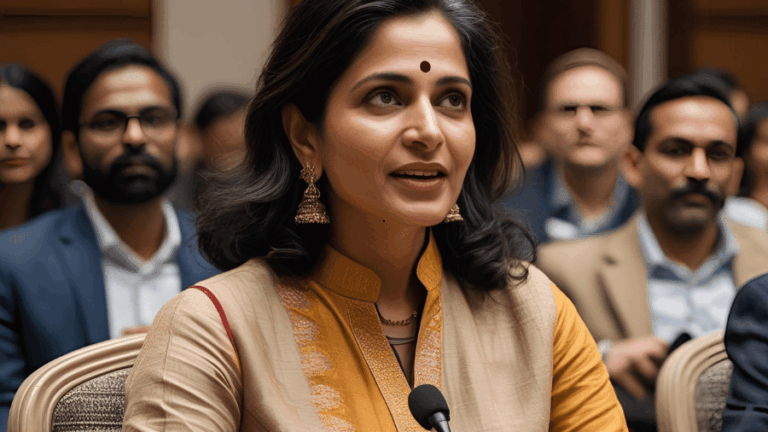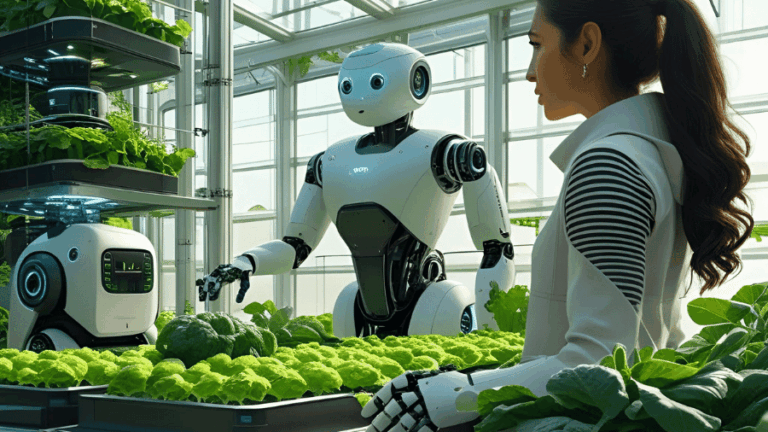Game-Changers : Innovators, Startups, and Visionaries Reshaping the Future of Business and Society

In a time of rapid evolution, where disruption is the new normal and innovation no longer belongs only to the few, the world is witnessing the rise of a new class of leaders. They are not just tech-savvy founders or young digital influencers. They are architects of scalable impact, creators of regenerative solutions, and pioneers of conscious capitalism. Game-Changers 2025 is a curated window into these bold movements, where purpose meets performance and passion fuels progress.
Across sectors—from clean tech and healthcare to education, ethical finance, mobility, and urban design—the game is changing because the rules are being rewritten. At the heart of this shift is a set of individuals and organizations embracing risk, rejecting outdated systems, and reimagining how growth and sustainability can co-exist. Their work is not performative. It is bold, structured, and unapologetically focused on long-term relevance and human well-being.
One example comes from the fintech space. Meet Anaya Kapoor, founder of FlowCred, a startup in India that’s redefining access to credit for women entrepreneurs in tier-two cities using behavioral data and micro-loan architecture powered by AI. While most financial inclusion models focus on expanding access, FlowCred works on changing the actual lending lens. Anaya’s algorithm considers alternative metrics like community engagement, small-scale trade activity, and digital trust patterns to assign creditworthiness. Her model is now being explored by several banks and has sparked conversations about decentralizing finance in the Global South.
In Latin America, a team of engineers and climate scientists formed GreenLoop, a mobility startup using biofuel-powered drones to deliver medical supplies to flood-prone regions. While drone delivery is often portrayed as a luxury convenience in urban centers, GreenLoop built a model centered on disaster resilience and last-mile care. Their tech is robust, open-source, and embedded within local government response plans. What sets them apart is their systems thinking—designing technology not just as a product, but as a public infrastructure layer.
From the creative economy, a striking innovation has emerged through Aya Labs, a digital design collective based in Ghana. Founded by two sisters, Lamiya and Fatima, the lab trains women in low-income communities to become global UI/UX designers and match them with international clients through a zero-fee marketplace. It’s a model that blends digital equity, remote employment, and creative empowerment. Instead of scaling through VC funding, Aya Labs built their growth organically via partnerships with NGOs and B Corporations. Their talent pool now serves over 300 clients worldwide and includes refugees, single mothers, and women with disabilities.
What makes these game-changers different is not just what they do, but how they do it. They think beyond traditional KPIs. They prioritize people. They embrace failure as a necessary part of iteration. These organizations are intentional about team culture, community engagement, and policy alignment. And they’re not waiting to get big to have influence—they’re influencing from day one.
One of the standout models in 2025 is CareNet, a decentralized caregiving ecosystem founded in Berlin. Designed in response to the global caregiver shortage, CareNet enables certified caregivers—often immigrants and women of color—to run micro-care businesses through a co-owned platform. Users subscribe to neighborhood care circles, and the data insights are used to inform better municipal care budgets. This cooperative platform is not only boosting incomes but redefining dignity in care work, a traditionally invisible economy. It’s a lesson in inclusive tech design grounded in intersectional equity.
In the food sector, Agrosphere, a Kenya-based agri-tech startup, is empowering smallholder farmers with blockchain-powered supply chains. Farmers register harvest data via simple SMS-based inputs, allowing Agrosphere to trace and verify their crops, certify quality, and ensure they receive timely payments and fair prices. The technology is complex, but the user interface is elegantly simple. Their approach has led to a 34% rise in farm income among participating regions and sparked collaboration with local cooperatives and fair-trade buyers in Europe.
One pattern you’ll notice across these stories is the shift from scale-at-any-cost to smart, sustainable expansion. Growth is measured not just by market capture but by community validation. These startups are redefining what it means to be “investor-ready.” They’re attracting a new generation of backers who value environmental and social ROI alongside financial outcomes. The rise of funds like Acumen, Blue Haven Initiative, and The Rise Fund shows how capital is also evolving to support this new wave.
It’s also worth noting that game-changers in 2025 are not confined to startups. Some are intrapreneurs—leaders within legacy corporations rewriting how products are designed or how supply chains operate. Others are grassroots organizers using technology to build scale from the ground up. Take the case of Sahra Movement, a Syrian-led organization that uses satellite mapping and community-based AI to locate displaced persons and reconnect them with vital services. They work in conflict zones, often without stable internet access, and their tools are built to function offline. They’ve helped over 100,000 people reconnect with family, food, or shelter.
And then there are cross-sector initiatives like EduForge, a collaborative project between educators, designers, and policymakers to reimagine post-pandemic education models for children with learning disabilities. EduForge doesn’t operate as a formal startup but as a dynamic coalition that prototypes, tests, and shares open-source learning tools globally. Their flagship pilot in Vietnam is now being replicated in parts of South Africa, Canada, and Brazil through a Creative Commons licensing model.
What connects all these stories is not a sector or a product—it’s a mindset. These leaders are not building the future alone. They are building it with communities, for sustainability, and through collaboration. They often work in ambiguity but stay anchored in clarity of purpose. That’s what makes them game-changers. They are rewriting narratives, challenging power structures, and creating ecosystems of possibility.
At The Visionary Spark, we believe that these stories deserve center stage. Not just as feel-good content, but as case studies in what’s working. As part of our Game-Changers 2025 series, we’re building a resource library where readers can access founder toolkits, policy playbooks, ethical pitch decks, and frameworks used by the changemakers we feature. We will also host digital roundtables and community Q&As so that readers—from students to VCs—can interact directly with these leaders.
We’re also integrating inbound content from our Visionary Women and Bold & Impactful sections, where overlaps in mission and impact are natural. For readers interested in diving deeper, we recommend exploring organizations like Ashoka, Spring Impact, or Echoing Green—global communities supporting system-level change.
Our editorial direction is clear: The future belongs to those who are already shaping it differently. In a world dominated by flashy valuations and extractive growth, Game-Changers 2025 brings attention to those building quietly, inclusively, and with integrity. We document these journeys not to celebrate heroes but to normalize new models of impact, where equity and imagination are baked into the very DNA of what we create.





